What is KPI Key Performance Indicator

Key performance indicators, or KPIs, are measurable values used to measure a person’s success in reaching a target. Your KPIs could be high-level ones that look at how your business is performing or KPIs that drill down into individual or departmental processes.
How to write a KPI
To achieve your goals, KPIs must be customised to your business situation. Identify your KPIs using these steps.
Set a clear objective for your KPI
If you don’t align your KPI with a business objective, you’re working towards a goal that has no impact on your organization. A KPI shouldn’t be just a number, but it should convey your company’s history.
Ensure stakeholders are aware of your KPIs
KPIs need context to be effective. Why are you measuring something, and what are you measuring? Employees and stakeholders should be informed about your KPIs to contribute to the organisation’s success. If teams are not informed, a misalignment will occur. Listen for feedback and questions to identify and refine how you communicate your goals and KPIs.
Maintain a consistent review of your KPIs
Regularly reviewing your KPIs is essential. Your KPIs should be reviewed from two perspectives: your progress against the KPI and your progress in determining its effectiveness. If your KPI isn’t improving, the objective may have missed the mark, and you should iterate.
Reporting KPIs
With a KPI dashboard, it is easy to track your KPIs. A KPI dashboard lets you see your business performance in near real-time. You can see how your performance compares to your goals. A KPI report is typically completed every quarter, but you can keep track of your performance anytime, anywhere with a KPI dashboard!
Using KPI software
You don’t have to be intimidated by KPI software. It’s pretty easy with a lightweight BI tool such as PowerMetrics.
Your key performance indicators can be visualized using PowerMetrics or other similar tools. What’s the point of using KPI software when I can just use a spreadsheet?
Connect to your data sources with a lightweight BI tool in a few clicks and display your most important KPIs on a dashboard. Based on those segments, dimensions, and metrics, you can generate an insightful and customizable report for you and your team.
What is the importance of KPIs?
By tracking key performance indicators (KPIs), you can help your organisation achieve its goals. To achieve your goals, you need to consistently focus on and deliver results.
Engaging employees with KPIs
KPIs bring employees together to achieve a common goal, as we’ve already mentioned.
Many organizations struggle to improve employee engagement, a topic that directly impacts their bottom line. Key performance indicators can help. Whether personal or organizational, KPIs can be a valuable tool for measuring employee engagement and performing well.
Engaged employees are more productive and profitable and have higher customer engagement.
Employees who are disengaged cite the same issue: lack of communication about strategy between the company’s management and individual contributors. Key performance indicators help resolve this issue.
Your KPIs should reflect your culture and your purpose
KPIs should be linked to the mission of your organization. There’s no deeper meaning to “making money”, and neither will employees connect with it at a deeper level either. You should make sure that your purpose motivates employees to show up to work with a sense of excitement every day. For employees to feel that their work is purposeful, both your mission and your KPIs should be linked. Ensure that your KPIs serve your end goal and that your employees know why and how they contribute to that goal.
Accountability is made possible through KPIs.
The traditional goal of an individual performance management framework is to set objectives, measure performance, and manage activities related to these objectives. Can KPIs also be integrated into performance management?
By identifying KPIs related to performance, employees can measure their impact on the organization and how their daily activities play into the success of larger organizational goals. Everyone is motivated to contribute to your success when KPIs are used.
Conclusion
We hope you have understood what we are trying to make differences between Demand Generation and Lead Generation. Demand generation is a marketing strategy that focuses on converting visitors into leads and leads into customers. Lead generation is a marketing strategy that focuses on converting website visitors to contacts or subscribers by capturing their contact information or email address. Generating leads can be done through content, social media, email, webinars, and more.

It’s as simple as that! Here are key performance indicators you need to know. Pay attention to them!




